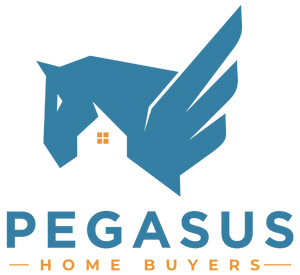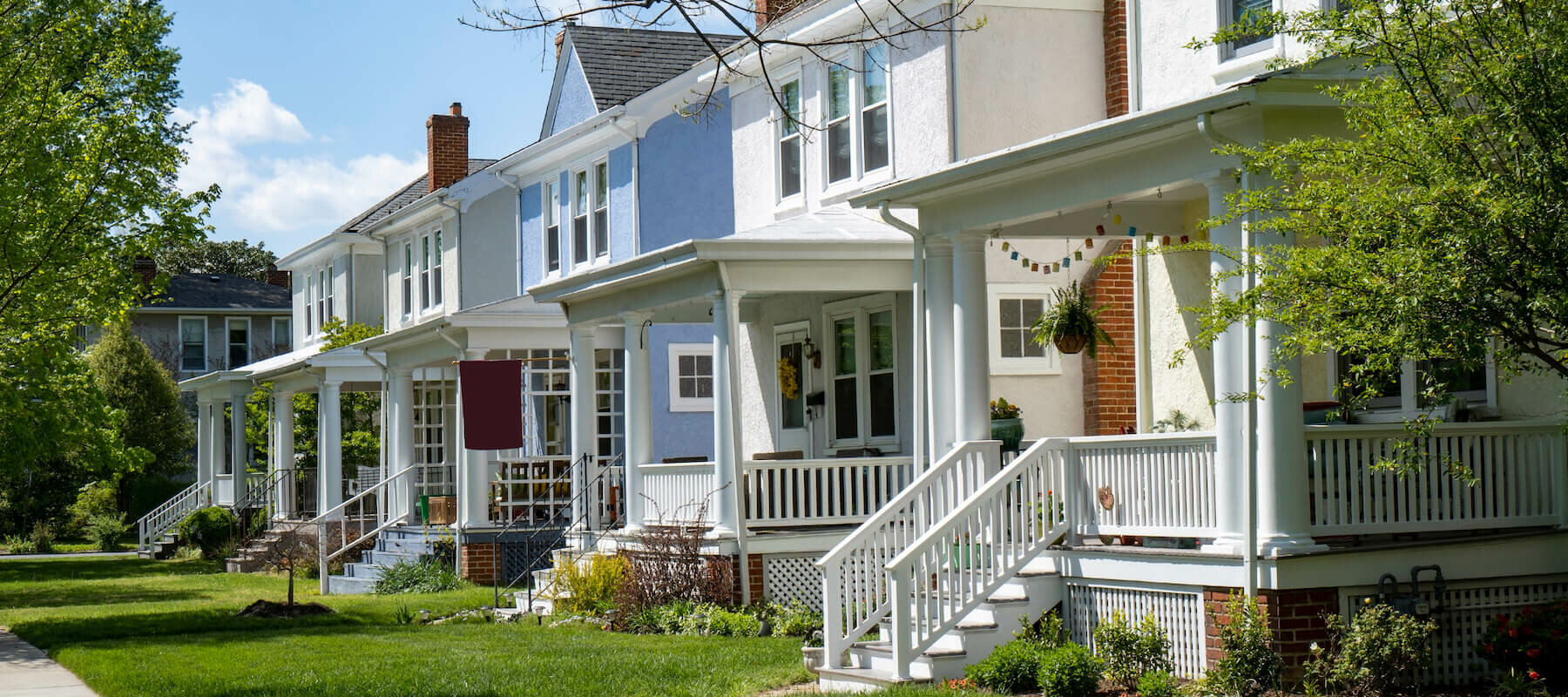
Foreclosure and preforeclosure are two terms that are commonly used in the real estate industry. While these terms may sound similar, they have very different meanings and implications for both homeowners and potential buyers.
What is Foreclosure?
Foreclosure is a legal process that occurs when a homeowner is unable to make their mortgage payments. When a homeowner falls behind on their mortgage payments, the lender can initiate foreclosure proceedings, which can ultimately result in the loss of the home. Foreclosure is a serious event that can have long-lasting consequences for homeowners, including damage to their credit score and difficulty obtaining future loans.
What is Preforeclosure?
Preforeclosure, on the other hand, is a period of time before foreclosure proceedings have begun. During preforeclosure, the homeowner has fallen behind on their mortgage payments, but the lender has not yet initiated the foreclosure process. Preforeclosure can give homeowners an opportunity to work with their lender to find a solution to their financial difficulties, such as a loan modification or a short sale.
The Timeline
One of the main differences between foreclosure and preforeclosure is the timeline. Foreclosure is a lengthy legal process that can take months or even years to complete. During this time, the homeowner may have the opportunity to stay in the home and make arrangements to catch up on their mortgage payments. However, once the foreclosure process is complete, the homeowner will be forced to vacate the property.
Preforeclosure, on the other hand, is a much shorter period of time. Typically, preforeclosure lasts only a few months before the lender initiates foreclosure proceedings. During this time, the homeowner may have the opportunity to work with their lender to find a solution to their financial difficulties. However, if a solution is not found, the homeowner will still be at risk of losing their home.
Long Term Effects
Another key difference between foreclosure and preforeclosure is the impact on the homeowner’s credit score. Foreclosure is a serious event that can have a significant negative impact on a homeowner’s credit score. This can make it difficult to obtain future loans or credit, and can also result in higher interest rates and fees.
Preforeclosure, on the other hand, may have less of an impact on the homeowner’s credit score. While falling behind on mortgage payments can still have a negative effect on credit, working with the lender to find a solution during preforeclosure can help mitigate some of the damage.
Negotiating with Your Lender
If you’re in preforeclosure, one option is to try and negotiate with your lender. They may be willing to modify your loan terms, refinance your loan, or offer a repayment plan to help you catch up on your missed payments. Remember, lenders prefer to avoid foreclosure as it’s a costly and time-consuming process for them too. So, they may be open to finding a solution that allows you to keep your home and continue making payments. It’s crucial to be proactive and contact your lender as soon as you realize you’re struggling with your mortgage payments. The sooner you act, the more options you’ll have.
Selling Your Home
Selling your home is another option to consider if you’re facing foreclosure. If you have equity in your home, selling may allow you to pay off your mortgage and potentially have some money left over. You can either list your home with a real estate agent or consider selling directly to a real estate investment firm like Pegasus Home Buyers. A direct sale can be a faster process and typically allows you to sell as-is, meaning you won’t need to invest money into repairs or staging.
Renting Out Your Home
If the rental market in your area is strong and you have another place to stay, you might consider renting out your home. The rent you receive could be enough to cover your mortgage payments and help you avoid foreclosure. However, being a landlord comes with its own set of responsibilities and potential headaches, so this option might not be right for everyone.
Bankruptcy
While this should be a last resort, filing for bankruptcy can stop foreclosure in its tracks. When you file for bankruptcy, an “automatic stay” is put into effect, which prohibits most creditors from continuing with collection activities, including foreclosure. However, bankruptcy has serious, long-term effects on your credit score and should only be considered after consulting with a financial advisor or attorney.
Foreclosure Alternatives
If you’re unable to prevent foreclosure, you might be able to lessen its impact through foreclosure alternatives offered by your lender. These could include a short sale or a deed in lieu of foreclosure. In a short sale, your lender allows you to sell your home for less than you owe on the mortgage. In a deed in lieu of foreclosure, you voluntarily transfer the ownership of your property to the lender. Both options can potentially have less of an impact on your credit score than a full foreclosure.
Foreclosure and preforeclosure are challenging situations, but remember that you have options. The key is to act early and be proactive in communicating with your lender or seeking professional help. If you’re unsure about what to do, a real estate professional like Pegasus Home Buyers can provide valuable guidance and help you find the best solution for your situation.
Buying Properties in Foreclosure or Preforeclosure
For potential buyers, there are also important differences between foreclosure and preforeclosure. Foreclosed properties are typically sold at auction, and buyers must be prepared to pay cash or obtain financing quickly in order to purchase the property. Additionally, buyers may need to deal with issues such as liens, unpaid taxes, or evictions.
Preforeclosed properties, on the other hand, may be available for sale through a short sale. During a short sale, the homeowner sells the property for less than the amount owed on the mortgage, and the lender agrees to accept the proceeds as payment in full. Short sales can be a good option for buyers who are looking for a deal, but they can also be time-consuming and unpredictable.
Foreclosure and preforeclosure are two distinct terms that have different implications for homeowners and potential buyers. Foreclosure is a legal process that can result in the loss of a home and can have long-lasting negative effects on a homeowner’s credit score. Preforeclosure, on the other hand, is a period of time before foreclosure proceedings have begun that can give homeowners an opportunity to work with their lender to find a solution to their financial difficulties. For potential buyers, foreclosed properties are typically sold at auction, while preforeclosed properties may be available for sale through a short sale. Understanding the differences between foreclosure and preforeclosure can help homeowners and buyers make informed decisions about their real estate options.
What Are My Options?
To stop your house from going into foreclosure, you’ll either need to get rid of the property or find a way to increase your income so you can better afford the mortgage. Frankly, owning your home shouldn’t feel like a struggle each month. You should be able to feel confident in the ownership of your home. If your mortgage has become too much to handle, it may be time for you to find an alternate solution.
How Pegasus Home Buyers Can Help With Foreclosure
If you are struggling with your monthly mortgage, Pegasus Home Buyers is able to buy your property outright. We will make you an offer and close on the property when you are ready. At Pegasus Home Buyers, we help local homeowners get out of their difficult situations once and for all. If you are struggling with a house you can no longer afford, reach out to our team today to learn more about the options available to you. We are happy to answer any questions you have about the process. (781) 810-4242

